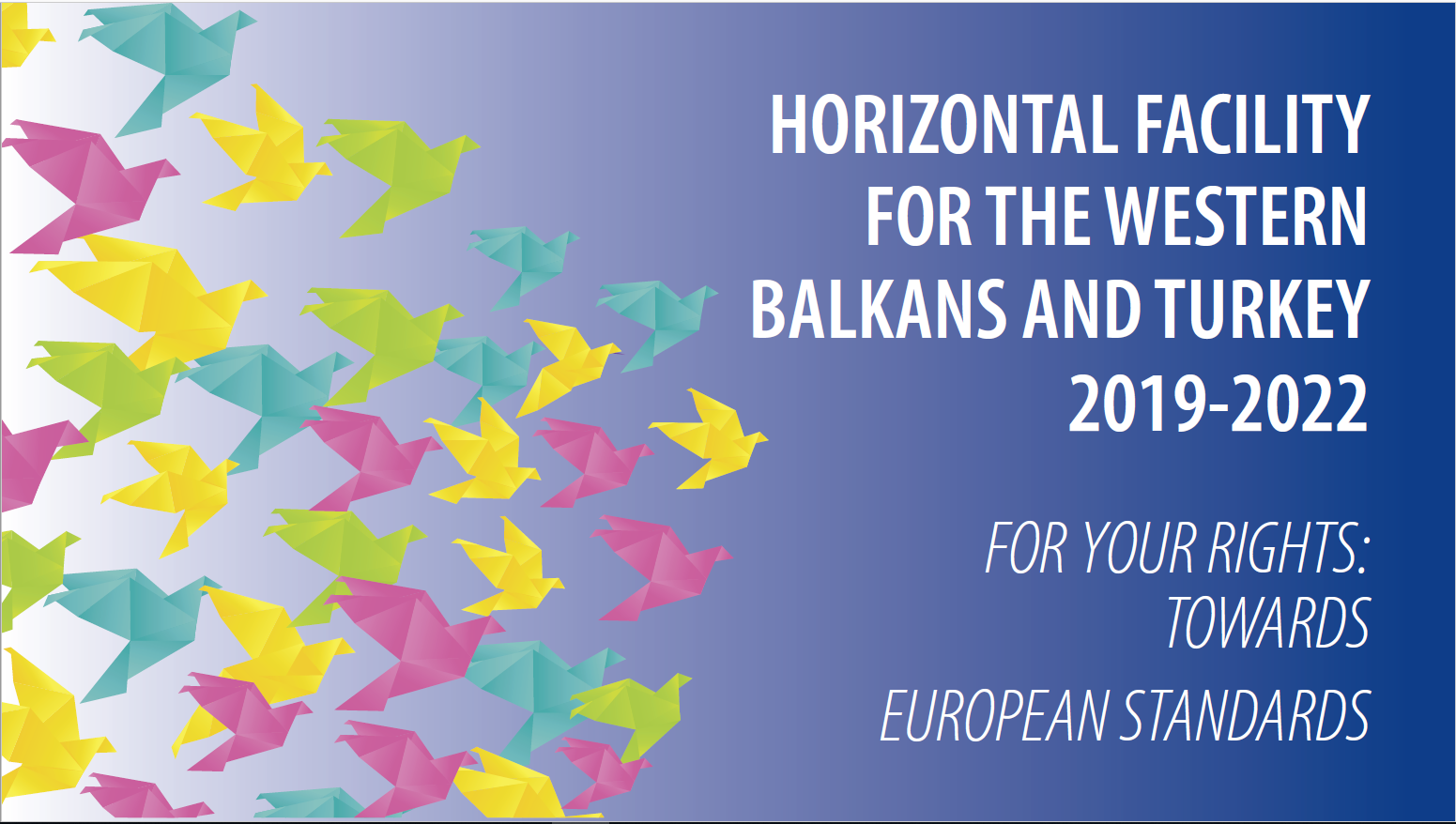Since the COVID-19 pandemic started, schools, teachers, and students have had to adapt to new ways of holding classes and new teaching and learning methods. Teachers had to be creative when making lesson plans to ensure continuity in learning and the development of competences for democratic culture. This has led to a compilation of lesson plan examples that were later shaped into the new publication “Democratic culture in the digital environment – a handbook for schools”. Each lesson plan is focused on one or more competences for democratic culture (CDC).
The Handbook is divided into four sections, following the CDC “butterfly” model: values, attitudes, skills, and knowledge and critical understanding. It contains 56 examples created by the staff of the schools participating in the action “Quality education for all” in Serbia. Each example contains the name of the activity, whether it is an extracurricular or teaching activity, a list of the competences to which it refers, implementation steps and any tools and materials needed.
The Handbook is available online in English and Serbian.
The action Quality education for all is implemented under the joint European Union/Council of Europe programme “Horizontal Facility for the Western Balkans and Turkey 2019-2022“.
Democratic culture in the digital environment – a handbook for schools




